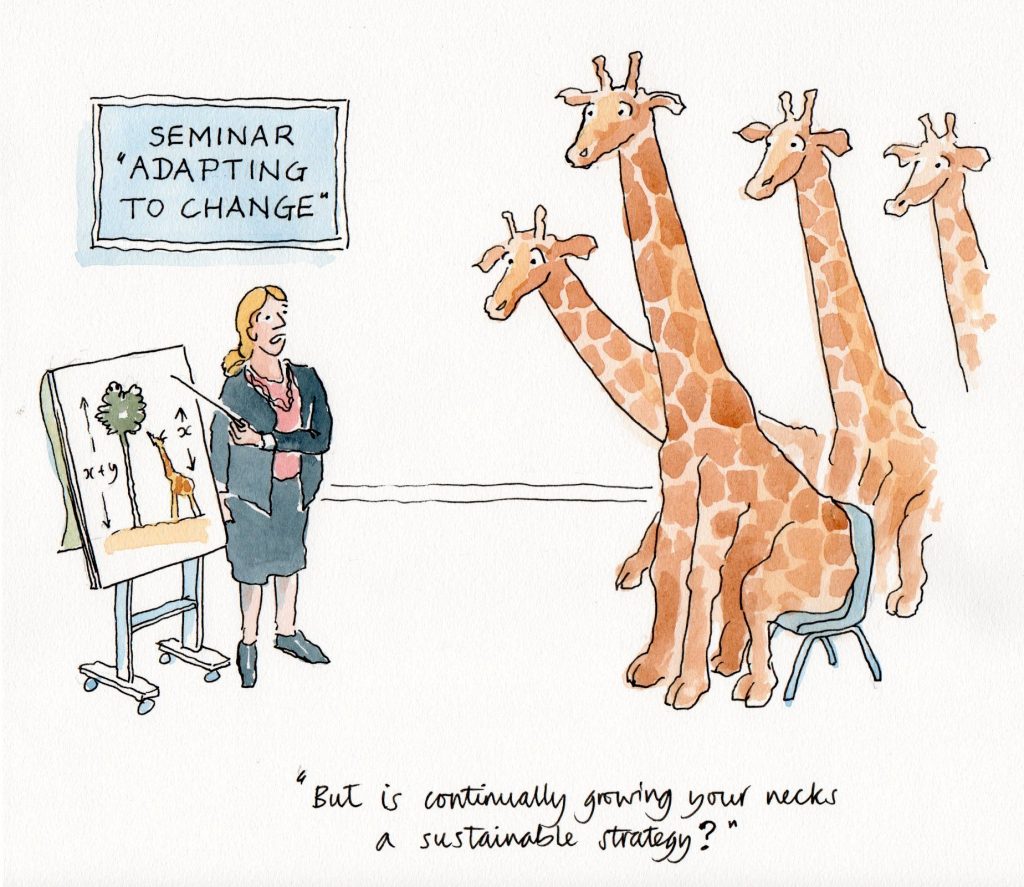
The dictionary defines emotion as ‘any feeling that disturbs or excites the mind.’
Some people are naturally more emotional than others with more highs and lows than people who are more logical and analytical. Likewise, some people are more positive and see the glass as half full, whereas others see the glass as half empty. Life and work can present us with situations and people that we find challenging and sometimes threatening.
The good news is that how we react to these situations is within our control. Nelson Mandela and how he handled his confinement is an example of being in a hugely difficult situation, and coming up trumps. Emotions are often created by thoughts so having self-awareness of your values, motivations and insecurities can help you to have emotional resilience.
Unless we are very lucky, we don’t get taught how to be emotionally resilient, but learn it as we go along and using shopping, alcohol, drugs and busyness can be an easy way to anaesthetise difficult emotions.
We can learn to be more resilient and challenging situations have a lot of gifts, even if we don’t see them at the time, e.g. opportunity to be more creative, assertive etc
What situations test our emotional resilience?
Coping well in one area and struggling in another is normal.
- The Coronavirus period
- Redundancy and unemployment
- Mergers over which we have no choice
- No pay rises over a period of time
- People pulling rank
- Lack of planning by others affecting us
- Unreasonable behaviour and bullying
- Bosses and employers with values different to our own
- Trauma and crisis e.g. end of a relationship, death of someone we are close to
- Financial pressure and hardship
- Covert undermining behaviour e.g. passive aggressive
5 FREE tips to maximise your emotional resilience
- What’s the worse thing that can happen and what is the likelihood of it happening?
- Ask yourself ‘What are the positives of my challenging situation?’
- Ask yourself what qualities and resources you have to help you to deal with the challenge you face
- Focus on what you can influence not what you can’t
- Map out vicious circles of the thoughts and emotions and work out how you can create virtuous circles
Self-reflective question
“When have I been most emotionally resilient and what enabled me to do this?”
More
A portfolio career is a resilient career. Why? Because it is made up of different components, so you can change direction or ‘pivot’ as external trends change or your own circumstances change.
Contact us to receive your free report ‘Discover Portfolio Careers’: https://www.inspiringportfoliocareers.com/portfolio/connect/
